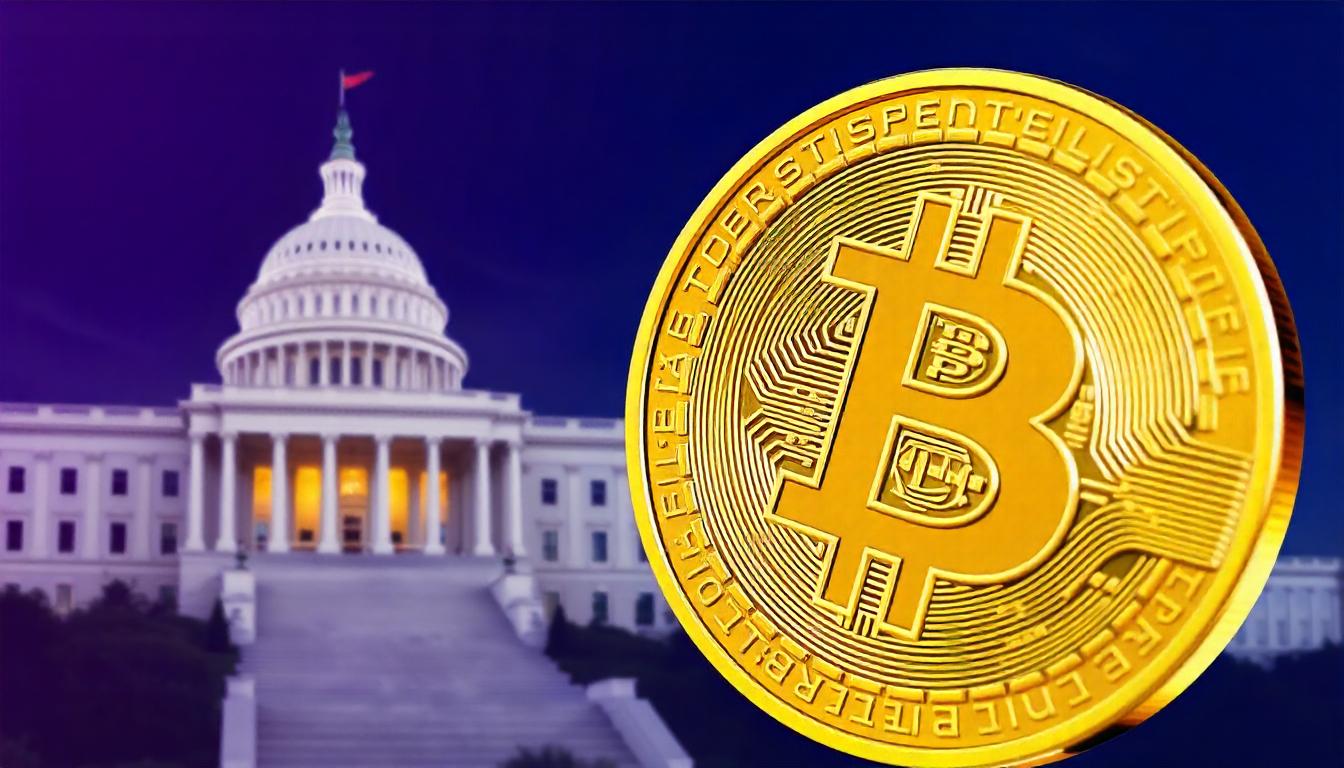The U.S. government’s current bitcoin holdings, which exceed 208,000 BTC, valued at over $19 billion, raise the question: Could the government formalize a bitcoin reserve? The answer depends largely on the interpretation of what a “reserve” entails.
One possibility is that the government simply refrains from selling the bitcoin it already holds, as former President Donald Trump suggested during his Nashville speech earlier this year. Another alternative is the active accumulation of bitcoin, as proposed by Senator Cynthia Lummis and Trump ally Robert F. Kennedy, who have called for the U.S. to be more proactive in buying the cryptocurrency.
As of now, the U.S. government holds 208,109 bitcoin, all of which were seized during criminal investigations. Historically, the government has auctioned off these seized assets. However, in July, Trump made an announcement indicating that under his future administration, the U.S. would retain all bitcoin it currently holds or acquires going forward.
Despite the seeming simplicity of such a policy, its execution would not be as straightforward. Without an established procedure, it would require coordination between several government agencies, including the Department of Justice, U.S. Marshals Service, and U.S. Treasury, to create a method for managing and storing these assets.
“We don’t have anything in writing yet,” said Perianne Boring, founder and CEO of The Digital Chamber, a crypto advocacy group. “We’re just kind of going by a speech that was rather vague. Can you just move bitcoin between federal agencies like that? I’m not sure.”
Boring also pointed out that moving bitcoin from one agency to another — like transferring it from the Department of Justice to the Treasury — may require an act of Congress, but added that she wasn’t certain what powers Trump could exercise with an executive order.
Moish Peltz, a partner at Falcon, Rappaport, and Berkman, indicated that the rules around the government’s seized bitcoin could differ depending on the department involved and how the bitcoin was originally obtained. “Some of the seized bitcoin might require congressional approval, but it’s not a certainty,” he said.
The process of creating a bitcoin reserve could unfold over time, as government agencies gain more experience in handling large-scale bitcoin holdings. “The government has demonstrated competence in seizing and storing bitcoin, so from a technical perspective, it’s not a huge leap to imagine creating a strategic reserve,” Peltz noted. “As regulatory clarity improves, we could see this evolve into a more substantial and formalized reserve.”
While maintaining seized bitcoin is one way to form a reserve, Senator Lummis has suggested a more aggressive approach in a new bill: that the U.S. should sell part of its gold reserves to fund the purchase of 1 million bitcoin. At current prices, that would require at least $90 billion, though the government would likely have to act fast before the market moves to absorb such a large purchase.
Peltz emphasized that an executive order could start the process, but substantial financial commitments would usually require congressional approval to allocate funds and create a legal framework.
Boring was optimistic that the bill could pass, especially with Republicans poised to take control of the House of Representatives and the White House. “It’s certainly possible,” she said, although she acknowledged that it might take longer than expected to move through Congress.
However, Nic Carter, a partner at Castle Island Ventures, expressed doubts. After meetings with Congress members and Federal Reserve officials, he noted that current congressional priorities—such as stablecoin regulation and addressing Operation Choke Point 2.0—seem to be taking precedence. “The idea of a strategic reserve didn’t come up in any of my conversations,” Carter posted on X.
Could the U.S. government find a way to purchase bitcoin without Congress? Zack Shapiro, head of policy at the Bitcoin Policy Institute, proposed an untested theory: the Treasury could potentially use the Exchange Stabilization Fund (ESF) to acquire bitcoin by purchasing bitcoin-denominated debt instruments.
Under this model, the Treasury would not directly buy bitcoin but instead acquire debt from counterparties who would repay the debt in bitcoin, effectively transferring the cryptocurrency to the Treasury without directly engaging in the open market. This approach might help avoid market disruptions caused by large-scale direct purchases.
Currently, Polymarket traders assign a 30% probability that the U.S. government will hold bitcoin reserves between January and April 2025.
Share this content:




